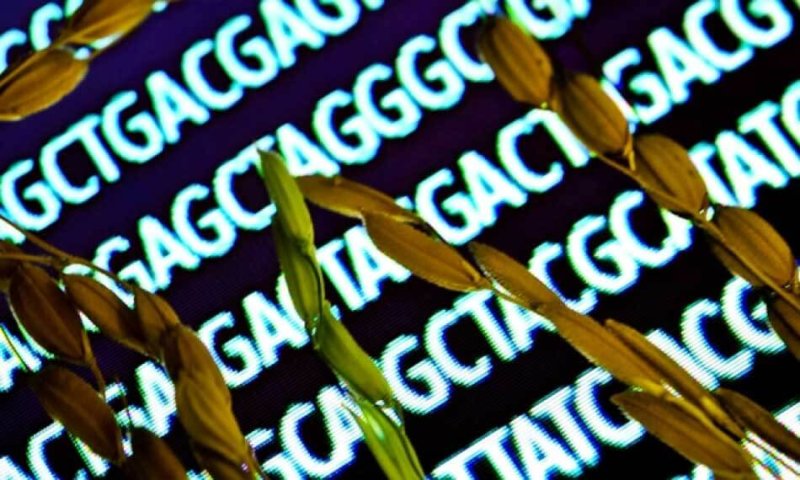Scientists have moved a step closer to identifying how an obscure gene from rice can dramatically improve yields in some of the world’s most important staple crops, while at the same time conferring resistance to climate-related stresses such as drought.
…
Details of the discovery, which was made by a British-American team comprising researchers from the publicly-funded plant science institute Rothamsted Research and the company Syngenta, have been published in the journal Plant Physiology.
The scientists confirmed that the rice gene, when introduced into maize, altered the distribution of energy resources within the plant, with more sugars being diverted to seed production, thereby raising yield. The gene also protected yield against drought by preventing the loss of developing kernels earlier in the season during flowering.
The Rothamsted/Syngenta scientists used genetic engineering to introduce the rice gene, called TPP1, into maize plants.
…
Earlier work by some members of the team, published in 2015 in the journal Nature Biotechnology, reported field data at several sites and over multiple seasons, which showed that the engineered trait “improved yields from 9% to 49% under non-drought or mild drought conditions, and from 31% to 123% under more severe drought conditions, relative to yields from nontransgenic controls.”
Read full, original post: Can an obscure rice gene save the rainforests?































